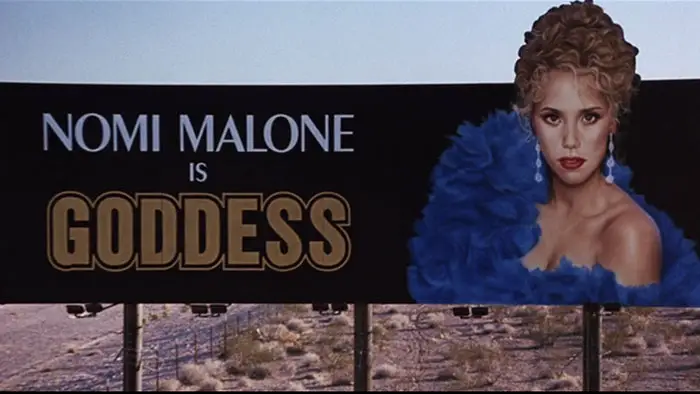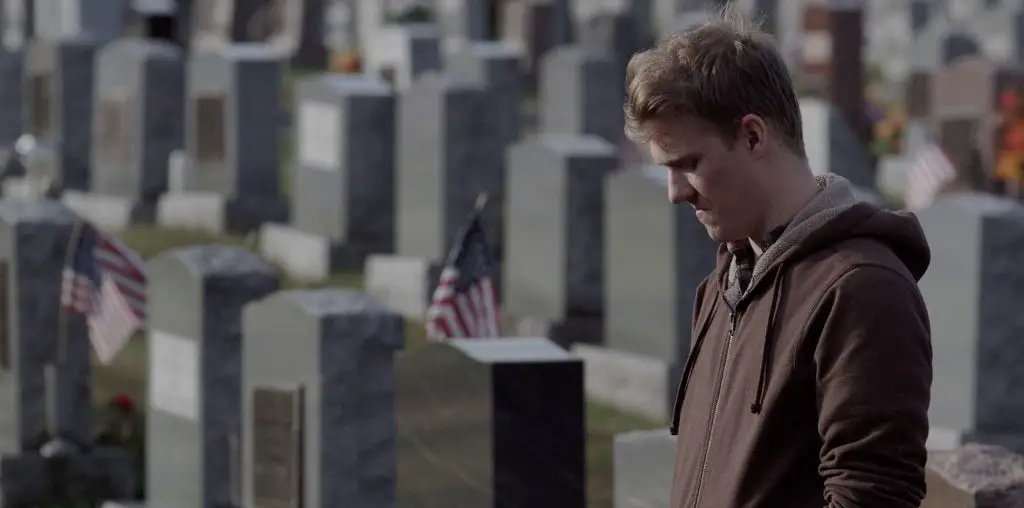
If you were going to give some tips for someone who wanted to make a documentary on something they’re passionate about, like you did, with having a day-job, what would you suggest?
Something like this is the perfect opportunity. If there’s something that you like, it’s guaranteed that other people are going to like that same thing, so the best way to do this is to find something that you’re passionate about and then find ways that you can tell that story. If I set out to make a traditional behind-the-scenes, making-of documentary, I don’t know if I would have necessarily been able to do that. That’s not really what I wanted to do, anyway, but once I reframed what I was able to do, I didn’t have to raise money, I didn’t have to pitch the film to anybody. The only thing I had to do in the beginning was to talk to the people who I wanted speaking roles in the film. Once I got the audio interviews, it was then, “How can I tell the story visually?” The new fair-use laws that give filmmakers so much flexibility and so much freedom to tell the stories that we want and find interesting ways to tell them. That was an interesting part of the process. After the movie was done and accepted, it got into Tribeca. We just have to make sure everything’s cleared by the lawyers. So, we had to go back and shift some things. I had to strengthen arguments by adding more commentary, and ultimately I think that helped the film. It helped strengthen those points. No one’s going to give you tons of money for your dream project. It’s just finding interesting ways that you can get your film done. It requires thinking outside the box. This is just a very wild experience for me because my day job is as an editor, so I don’t have to think about how things come to me or where they go after they leave my system.

“No one’s going to give you tons of money for your dream project…It requires thinking outside the box.”
It’s like a whole different can of worms.
Yeah, it’s one of the hard parts, it’s like I know I need help and luckily I was able to find an amazing producer after I already had a rough cut. She was able to help guide me through the process, and she was just incredible. She knows this world a little better—the steps, legal, and finance, and all that stuff.
I just have one more question, and then I know I’ll have to go, but how did you find these like-minded people that felt so strongly about Showgirls?
It was pretty easy. If someone’s made something about Showgirls, they’re probably going to put it online. It’s going to live online somewhere. Or there’s going to be writing about. I went back and read all the reviews and tried to reach out to some of the critics and the performers and the authors. That was kind of the easy part. You can easily point to and find those books and everything. It seemed like a very small network of people that I spoke with, and it was important for me to tell the story of the afterlife of Showgirls. I thought the cast and crew’s jobs were done, and the audience took it from there, and we made it what it is today. It’s why we’re still talking about it.
Yeah, it’s beautiful. I loved at the end where you have the footage of Elizabeth Berkley at the Hollywood Forever Cemetary. I thought it was wonderful that she finally got the recognition she deserved. Also, I really think you did a great job on this documentary, so congratulations, and I hope you come out with more stuff because I really liked the movie.
Thanks, Lorry. I’m glad you took the time to watch Showgirls for the first time too. It’s required viewing before or after seeing the film. A lot of people watched it after. I don’t think there’s an order it needs to go in, specifically.
I’m probably going to watch it again, honestly.

